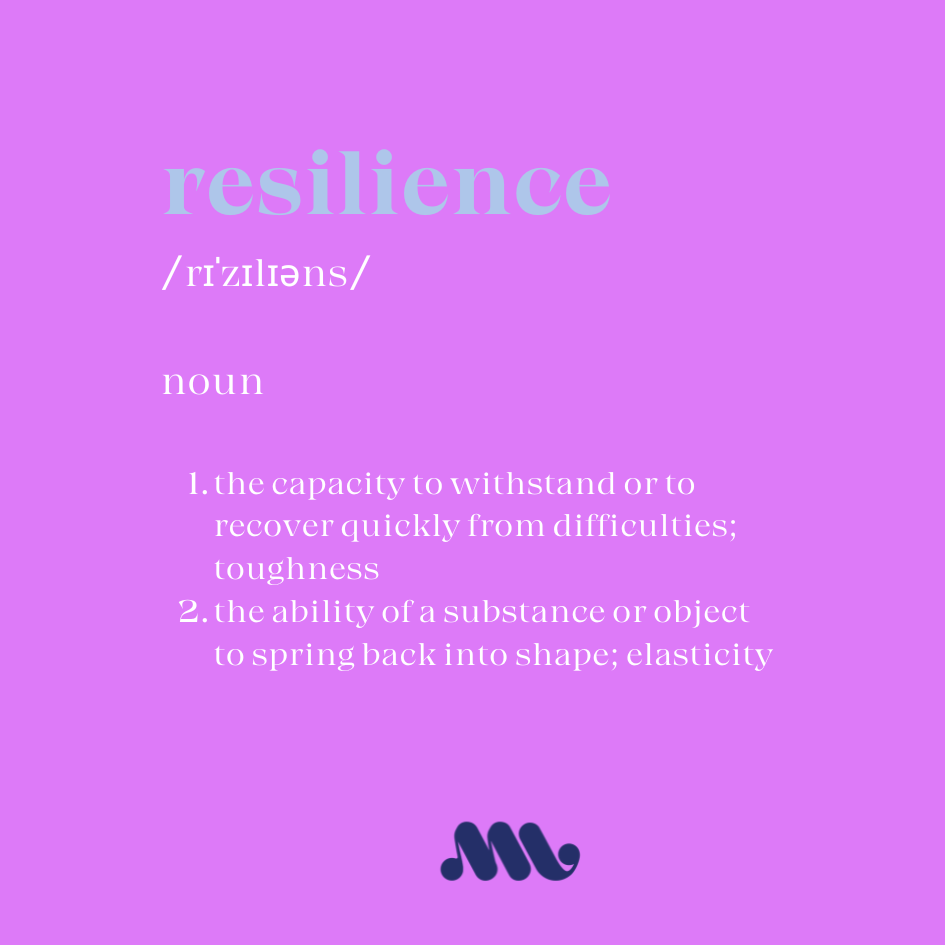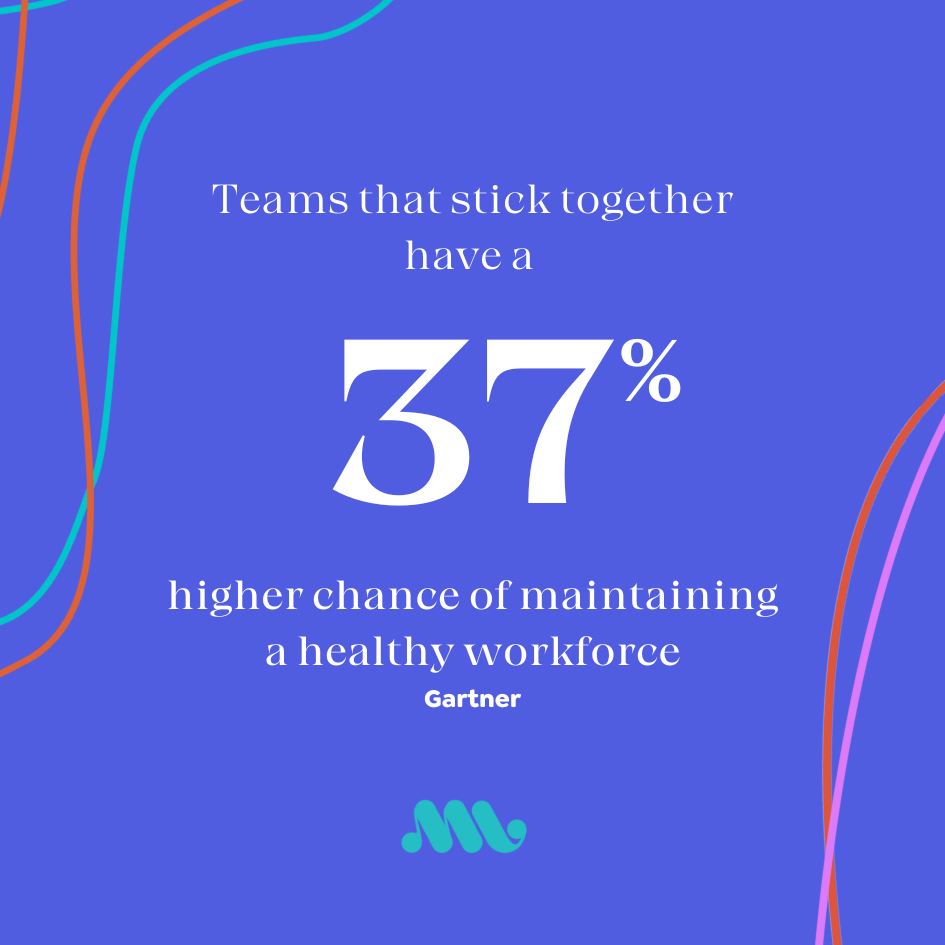Lessons In Resilience
Several of my clients have recently been voicing their frustration with the added pressure caused by employees who seemingly can’t work independently.
At first, I thought it was due to the financial year-end pressure, but after reviewing my last 12 months’ meeting notes, I noticed this issue has been a recurring discussion topic.
Employee mental and emotional well-being was already struggling before COVID-19, and it’s only gotten worse. With stress, anxiety, and depression on the rise, it’s hitting engagement, productivity, and turnover hard.
More and more, my clients are expressing their frustration with employees who increasingly can’t seem to make day-to-day decisions without constant reassurance or hand-holding.

Resilience can be defined as “the ability to bounce back in adversity”. In the workplace, it’s the trait that helps employees handle challenges smoothly and bounce back from setbacks without falling apart, while getting the job done.
Adversity is a part of life and essential for growth. Without resilience, people feel more stressed under pressure, which affects their physical, emotional, and mental well-being.
Instead of getting frustrated or wasting precious resources constantly trying to recruit for perfectly resilient employees, how about we invest in our managers and enable them to uncover the hidden resilience within their existing team?
Maybe She’s Born With It

Resilience isn’t something we’re born with; it’s a muscle we build by facing challenges and pushing through them.
You know how when you’re struggling through your gym workout and you see that guy? The one who you’ve never seen break a sweat, yet his biceps still look like they’ve been carved from granite. You tell yourself it’s only because he hit the genetics lottery while you got yours from a potato.
In reality, it has nothing to do with genetics or luck.
He’s earned those muscles through consistent hard work and guidance from his personal trainer. He felt the pain of his muscles tearing during every training session but pushed through, knowing they would rebuild even stronger.
We’re all shaped by our individual experiences, and how we react to them is what matters. By creating the right environment and offering the right guidance, managers can help employees learn to push through the pain and keep going, while strengthening their resilience muscle.

Tag, You’re It
A manager’s main job is to inspire the team and unite them in the company’s mission. Just like senior leaders shape an organisation’s culture, a team’s culture is shaped by its manager.
However, it’s up to managers to truly connect with their team members and take the time to understand what makes each individual tick. By understanding what best motivates each person, managers can inspire the actions needed to achieve the company’s goals as well as helping their team members reach their personal ones
According to Gartner research, during tough times, the bonds within immediate teams matter most to employees, even more than money. Teams that are able to stick together during these times have a 37% higher chance of maintaining a healthy workforce.
Problem or Opportunity? Shift The Mindset
As a junior, I had a manager who wouldn’t give us any advice about our problems unless we came to the conversation prepared with two well-thought-out solutions.
It used to frustrate me, and I quickly labelled him as obstructive and lazy. Why couldn’t he just tell us what to do so we could get on with things? Gotta love the arrogance of youth.
Looking back, I now realise he was teaching us to think for ourselves. Instead of getting stuck in the problem and waiting for someone to save us, we gained ownership of the solution and outcome!

The Proof Is In The Pudding
Great managers understand that for lessons (both good and bad) to truly stick, they need to be practiced, and nothing builds resilience better than failure!
The key for good managers is to consistently communicate the right messages, both through formal teaching and their everyday behaviours. It’s like parents finally standing back after weeks of holding their baby’s hands while walking, to let them take their first wobbly solo step.
They may fall over a hundred times, but if the manager has succeeded in displaying the right behaviours and created a safe environment for team members to learn through failure, the lessons will stick.
Great managers possess their own superpower and play a pivotal role in creating healthy organisations. They guide and support their team members to activate their resilience.
In the wise words of Coldplay, “Nobody said it was easy” but it sure is worth it.
